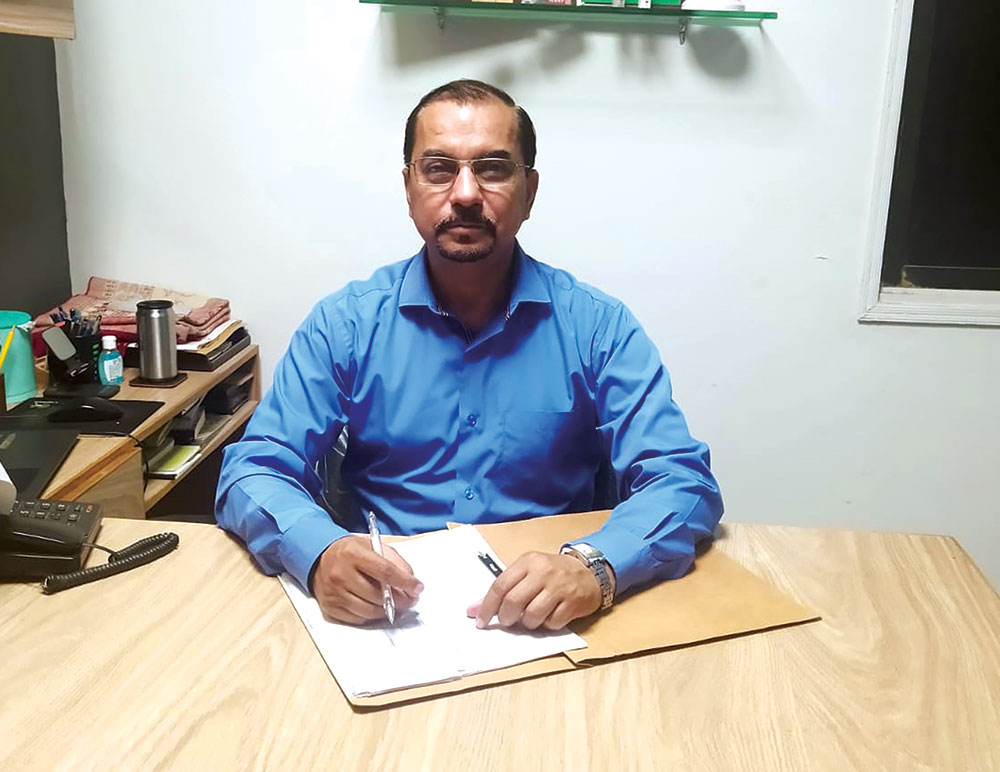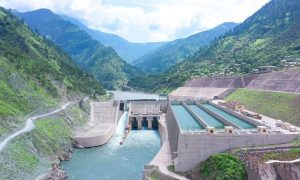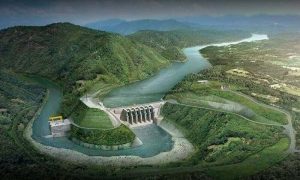A candid conversation with Syed Aqeel Ahmed Naqvi, Principal Engineer, Vital Associates
In recent years, the field of consultancy in Pakistan has witnessed significant advancements, largely driven by the integration of technology. The internet has played a crucial role in connecting new engineers with a global network of expertise, enabling them to tap into international best practices and stay updated with the latest trends and technologies.
During a recent exclusive conversation with Engineering Post, Syed Aqeel Ahmed Naqvi, Principal Engineer at Vital Associates, explained that this surge in connectivity has not only expanded the horizons of local engineers but has also facilitated knowledge sharing on a global scale. “The up gradation in technologies has been a game-changer for the industry, allowing consultants to explore more productive and cost-effective solutions, ultimately enhancing the overall quality and standard of projects,” he said
While the quality of products in the construction industry is on an upward trajectory, there remains a significant challenge in ensuring that substandard or below-par products do not enter the market. Syed Aqeel Ahmed Naqvi advocates for the establishment of standardized operating procedures (SOPs) that would act as a safeguard against the import or sale of products that fall below the prescribed quality threshold. The government needs to develop certain rules and benchmarks and products can only be imported or sold if it is above or equal that standard. Only then substandard products can be removed from the market,”
One of the critical areas that demand immediate attention is the improvement of building construction quality. It has been generally observed in Pakistan that buildings start deteriorating well before their lifetime is up. Syed Aqeel Ahmed Naqvi pointed out that, he believes, this can be attributed to a shortage of skilled labor and well trained engineers responsible for installations. “The main reason for premature deterioration of installations in building is the lack of availability of skilled and trained labour due to not availability of any training institutions in our country,”
He highlighted a prevalent concern within the industry, the progression of an ordinary electrician to a chief electrician without formalized training or adherence to established standards. He underscored the urgency in developing a comprehensive training framework, complete with certifications, to professionalize the labour force. This, he believes, will lead to a more competent and skilled workforce, capable of meeting modern industry requirements. “Our labours do not get formal certifications or trainings which need to change. We need structured training programs and certifications to ensure that they are equipped with the necessary skills and knowledge,” he explained
Moreover, the enhancement of tools and gadgets used in the field is another area that requires focused attention. He emphasizes the necessity for training programs dedicated to the proficient use of these tools. Such initiatives not only optimize work processes but also result in significant time and cost savings. “We are still using old tools and gadgets for our projects because we neither have access to nor are we trained to use the latest tools being used in the construction industry. Using the latest technologies will not only help us save time and cost but also improve the quality of our construction,” he said The field of consultancy in Pakistan is experiencing a positive transformation, driven by technological integration and improved connectivity. However, there are critical areas, as highlighted by Syed Aqeel Ahmed Naqvi, where concerted efforts are needed. These include the establishment of quality standards, formalized training programs, and the optimization of tools and gadgets. By addressing these challenges, the industry can further elevate its standards and contribute to the growth and development of Pakistan’s infrastructure landscape.








